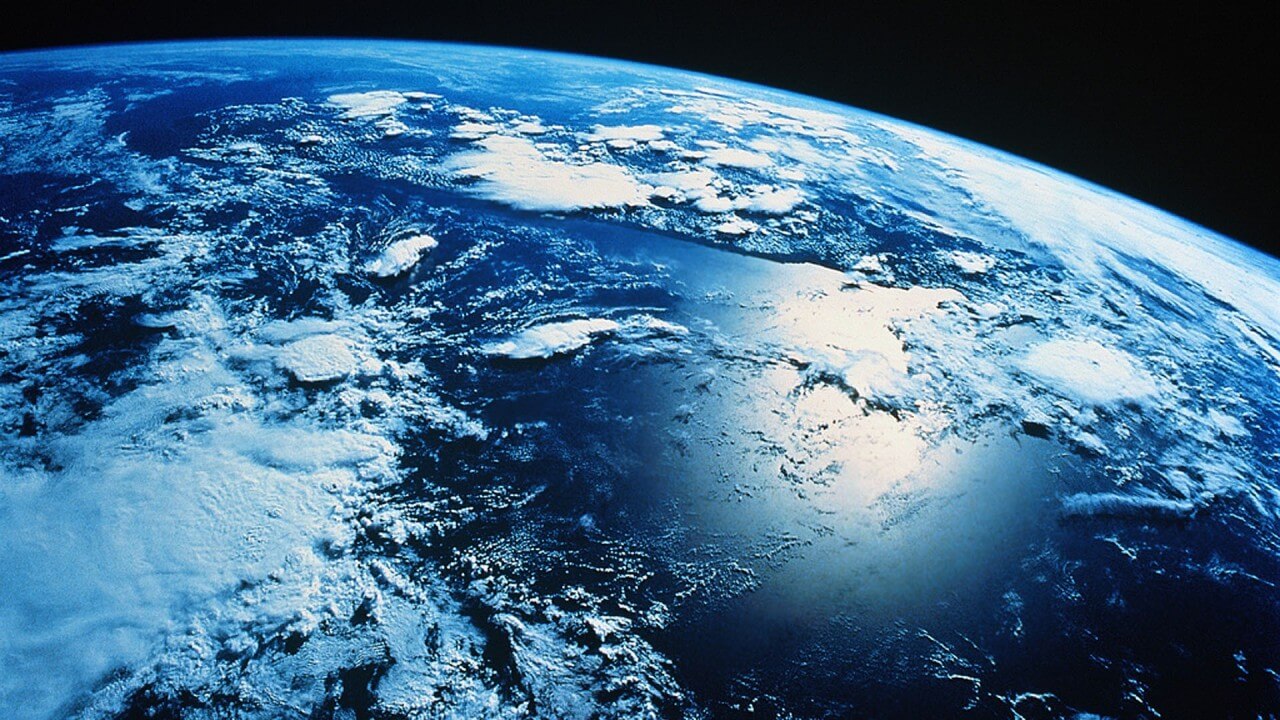Yes, There is A Lot of Greenwashing, But COP Summits are Our Best Chance of Averting Climate Breakdown
Ashish Ghadiali | 24 November 2024
Despite its imperfections the process of tackling the climate crisis will not be derailed, even in the face of US backtracking
It was never an indication of great things to come when the chief executive of Cop29, ElnurSoltanov, was filmed attempting to broker gas and oil deals for Azerbaijan in the slipstream of the past fortnight’s UN climate summit in Baku.
More than 1,700 fossil fuel lobbyists have been operating in and around Cop29, outnumbering delegates from the 10 most climate-vulnerable countries combined. Many, including Greta Thunberg, now argue that the UN climate process has been entirely hijacked by corporate interests, reduced to a global stage for greenwash.
As the 29th iteration of the Conference of the Parties reaches its delayed conclusion, this year is expected to be the hottest on record. The increased air and ocean temperatures have pushed up wind speeds in the Atlantic, turning what in the past might have been tropical storms into hurricanes on the scale of Milton, Helene and Beryl. Throughout the summer, deadly heatwaves have scorched east Africa, south and south-east Asia. Last month saw unprecedented flash floods in Spain that claimed more than 220 lives and racked up a bill in excess of £8.3bn.
In spite of the mounting cost to governments the world over, we appear unable to take control of our collective destiny and turn the ocean tanker of a heating world around. Global carbon emissions are still increasing. According to the Global Carbon Budget, we will hit a new record of 41.6 gigatons of carbon emissions this year, giving us six years, at current rates, before triggering warming beyond 1.5C above preindustrial temperatures.
Given the dire state of the planet and the abuses that have taken place at this and other Cop summits, it is perhaps unsurprising that leading architects of effective climate action – from climate scientist Johan Rockström to the former UN secretary-general Ban Ki-moon and Christiana Figueres, the former executive secretary of Cop umbrella organisation the United Nations Framework Convention on Climate Change (UNFCCC) – chose this Cop to decry the process as “no longer fit for purpose”, calling for reform.
However imperfect it may be, the UNFCCC has achieved huge amounts in its 30-odd-year fight for climate justice
In some circles, this criticism has been taken as a jab at the multilateral process itself, though Figueres has been quick to deny this, clarifying that she believes the Cop process is “an essential and irreplaceable vehicle for supporting the multilateral, multisectoral, systemic change we urgently need”.
But it’s clear that an atmosphere of perceived hypocrisy has undermined the authority of the Cop process. Baku has seen countries in the global north and those in the global south at loggerheads again. Little by way of common ground has emerged as efforts to define meaningful new climate finance targets have failed to progress. Failure at the Cop follows a set of sobering results for climate action at the global ballot box, too, as extreme heat played out against a year of elections around the world.
In India, for example, where electoral officials were literally dying from heat exhaustion at the poll booths in May, even this wasn’t enough to drive climate action up the political agenda. Elections in the EU have seen the continued ascendancy of rightwing forces explicitly hostile to decarbonisation and climate finance, while Donald Trump’s resounding victory in America points us into a new geopolitical era that will almost certainly see the US leave the Paris agreement again, if not the UNFCCC altogether. This could, in turn, be the move that inspires other countries to follow suit, heralding the collapse of the Cop process that some are starting to predict.
And yet, and yet. However imperfect it may be, the UNFCCC has achieved huge amounts in its 30-odd-year fight for climate justice. My friend, the late, great Saleemul Huq, expert advisory group chair of the Climate Vulnerable Forum, who attended every Cop until his death last year, always pointed out how, unlike the G7, this was the one body where countries most affected by climate breakdown have some kind of voice.
Diplomacy in this space has led to the recognition of 1.5C as a critical threshold. It has led to recognition, even as we wait for the world’s richest countries to put some money in the bucket created, of the need for global finance for loss and damage. Progress has not been enough and too slow. But how does a new world come into existence?
At Baku, in spite of the despondency, we have seen indications of significant movement on decarbonisation in shipping and energy, new mechanisms to de-risk climate finance for developing countries, shifts even in the articulation of a global financial architecture which could conceivably withstand the pressure that climate breakdown will bring in the decades ahead. Speaking from the sidelines of Baku last week, a former high-level UN official told me: “I arrived feeling very depressed about things, but, you know, I’ve been looking around here and it suddenly clicked. The transition has begun.”
Given Trump’s longstanding commitment to climate denial, his second presidency is unquestionably a disaster that will slow the transition just when we need to accelerate it. But it’s also entirely conceivable that, whatever the US does over the next four years, the momentum of a new world order will continue to be fashioned through future Cops in Brazil and Australia, as well as in other forums – and that, as the transition continues to gather pace, America’s abstention will not derail the process but open up a space of new possibility.
Ashish Ghadiali is founder/director of Radical Ecology.
This article was originally published on The Guardian.
Views in this article are author’s own and do not necessarily reflect CGS policy.
